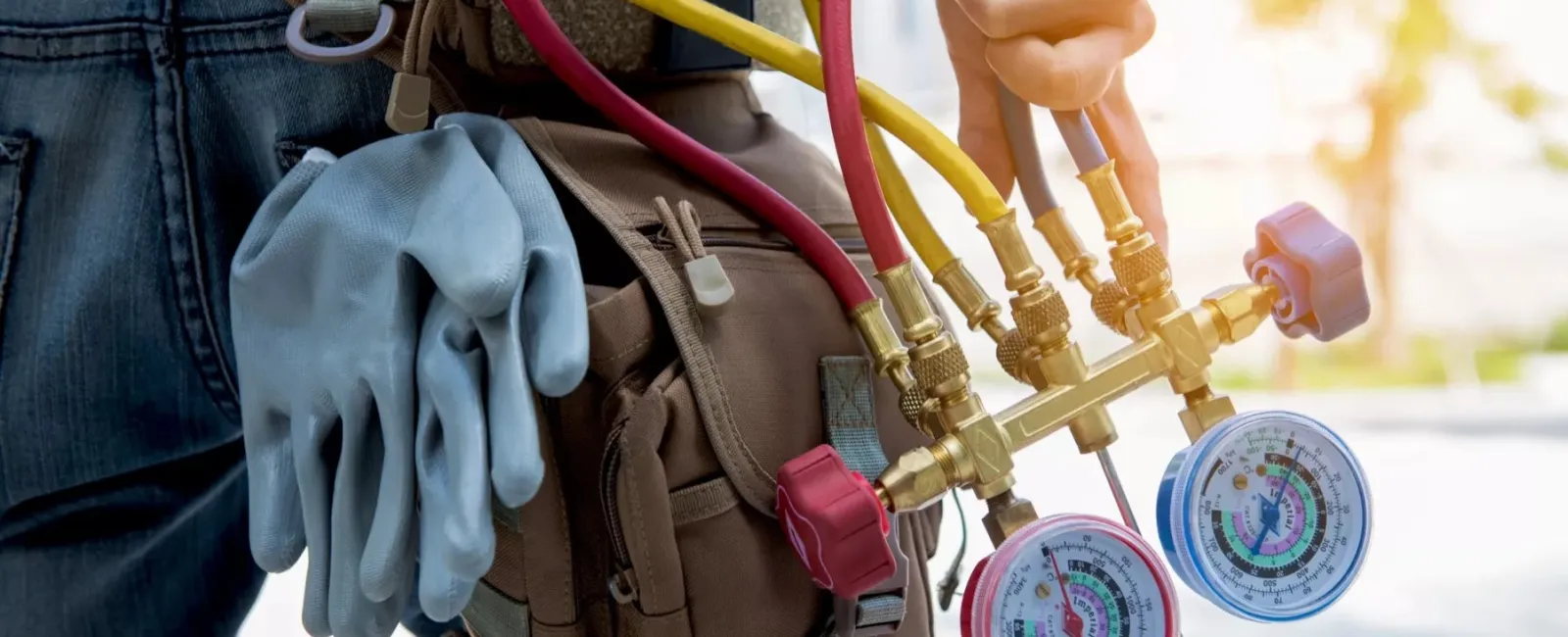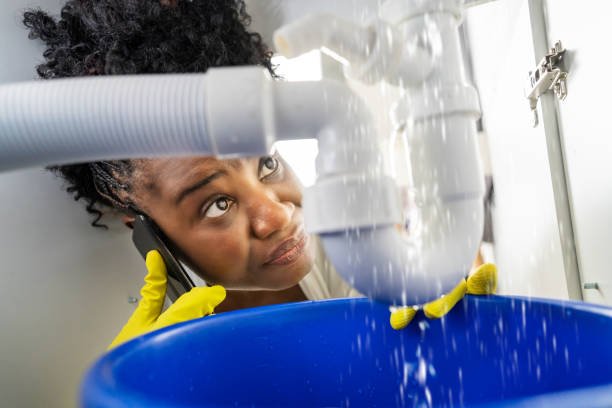Immediate Pipe Repair Advice for Urgent Issues Until Assistance Arrives
Immediate Pipe Repair Advice for Urgent Issues Until Assistance Arrives
Blog Article
We've uncovered the article about What to Do During a Plumbing Emergency directly below on the internet and concluded it made sense to talk about it with you on this site.

Pipes emergencies can strike at any moment, triggering stress and possible damages to your home. Whether it's a ruptured pipeline, a stopped up drain, or a leaky faucet, recognizing how to manage the scenario till an expert plumbing gets here can conserve you from more problems. This article provides vital emergency pipes suggestions to help you mitigate damages and gain back control during a plumbing situation.
Switch off the Water System
The primary step in any type of pipes emergency situation is to shut off the water. For local issues, such as a dripping tap or bathroom, turn off the shutoff near the component. In the case of a significant leakage or burst pipeline, find your home's main water shut-off shutoff and turn it off immediately. Recognizing the place of these valves ahead of time can save valuable time throughout an emergency.
Address Little Leakages with Momentary Fixes
Little leaks can promptly become substantial problems if left uncontrolled. Utilize these temporary repairs up until expert aid arrives:
While these solutions aren't irreversible, they can aid minimize water loss and damage.
Unclog Drains Safely
A stopped up drainpipe can be a discouraging and untidy issue. Below's just how to tackle it:
If these methods don't function, prevent making use of too much force, as it might worsen the obstruction.
Handle Overflowing Toilets
An overruning toilet can trigger instant mayhem. Right here's what you must do:
Shut Off Your Water Heater
In certain emergencies, such as a burst pipe, it's wise to shut off your water heater. This prevents overheating or damages to the system when water quits moving. Shut off the power supply to the water heater (electric or gas) and allow it cool off to prevent potential threats.
Momentarily Stop a Burst Pipeline
A ruptured pipe can result in significant water damages in minutes. To mitigate the concern:
Call an expert plumbing promptly to deal with the trouble completely.
Deal With Frozen Water Lines Meticulously
In cooler climates, frozen pipelines are an usual emergency. If you think an icy pipeline:
Stop Further Damage
Taking fast activity to minimize damage can conserve you money and time in the future. Below's how:
. Have an Emergency Plumbing Package
Prepare a basic plumbing emergency set to take care of small issues efficiently. Your kit ought to include:
Having these tools available can make a considerable difference in your ability to manage emergencies.
Know When to Call a Professional.
While quick fixes can help momentarily, particular pipes problems require prompt specialist focus. Call a plumbing if:.
Without delay speaking to a professional ensures the concern is settled appropriately and protects against additional issues.
Final thought.
Plumbing emergencies can be overwhelming, but with the best knowledge and tools, you can take care of the scenario properly till aid gets here. By switching off the water, attending to little leaks, and using short-term fixes, you can lessen damages and keep your home safe. Keep in mind, these suggestions are temporary solutions; constantly get in touch with a qualified plumbing professional to manage the source of the trouble. Prep work and fast thinking are your ideal allies in any kind of pipes emergency.
8 Helpful Tips for Managing Plumbing Emergencies at Home
If your plumbing system hasn’t failed once, wait for it because almost everyone has a story to tell. Sometimes, it could be simple emergencies such as a leaking pipe, a blocked cistern, or even a big burst pipe. In situations like this, you need to have some handy tips to save you some money and from possible damages.
Take care of minor issues early.
Sometimes, you could have avoided an emergency by taking proactive measures while it was still early. Some major plumbing emergencies can be a result of an ignored minor issue. We recommend that you have items like plumbing tapes and other related items. A plumbing tape can allow you to manage minor leaks before the plumber arrives.
Cut off the water supply.
This tip is essential in almost any type of leakage problem. For problems like minor leakages in the toilet or kitchen, turn off the supply that takes water to the affected pipes. If the leakage is a major pipe, you must shut off the supply valve to the entire building. This will help you avoid flooding your home and neighbors if you share a flat.
Know your plumbing system
Folks typically move into a new apartment without understanding the water supply around the building. This can prove disastrous if a water emergency arises and the plumber is far away. The previous tip will prove useless if you don’t practice this one. More importantly, know where your water shut-off valve is located – you’ll need that knowledge to prevent potential home floods.
Have some common handy tools
There are lots of plumbing emergencies that you can handle without hiring a plumber. That’s why you must keep some tools available always. Some tools that you can use to fix simple plumbing emergencies easily include plumbing tapes, screwdrivers, thread seal tapes, plungers, pliers, tape measures, and rubber gloves.
Insulate your pipes from cold
You’ll save yourself from many plumbing expenses if you protect your water pipes from the cold. This is because of the harmful effects that cold weather can have on your pipes. During winter, your pipes can burst from being overly expected to freezing temperatures. So, make sure insulators are there to keep the pipes working correctly.
Avoid practices that will clog your toilet.
Many people indulge in practices that can damage the plumbing system of the entire building. One of these is when they use their toilet to dispose-off garbage. They flush all kinds of things, such as paper towels, bandages, hairs, female sanitary products, etc., down the toilet. This will block your toilet in the long run, incurring unnecessary expenditures. Dump such waste in the trash instead.
Check your dials regularly.
Sometimes, there could be leakages in your home without noticing them in time. So, constantly monitor your water meter dial. If the dial is reading when there is nobody using water, this is an indicator that there is leaking. Check for leaks immediately. Call a plumber as soon as possible if you can’t find any.
https://www.constructionplacements.com/8-helpful-tips-for-managing-plumbing-emergencies-at-home/

I'm very enthusiastic about and I'm hoping you appreciated the entire blog entry. So long as you appreciated our page if you please consider to pass it around. Thanks for your time spent reading it.
Click Here Report this page